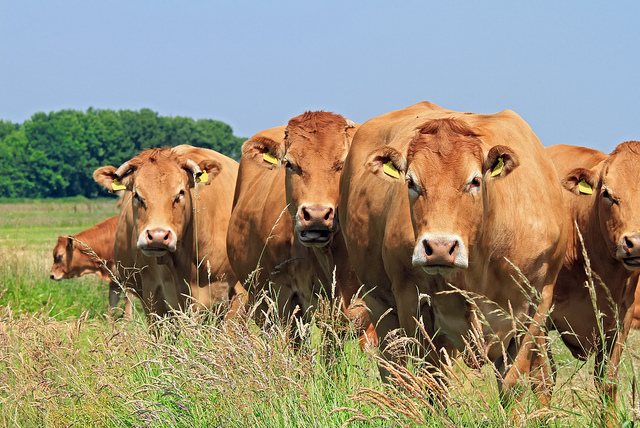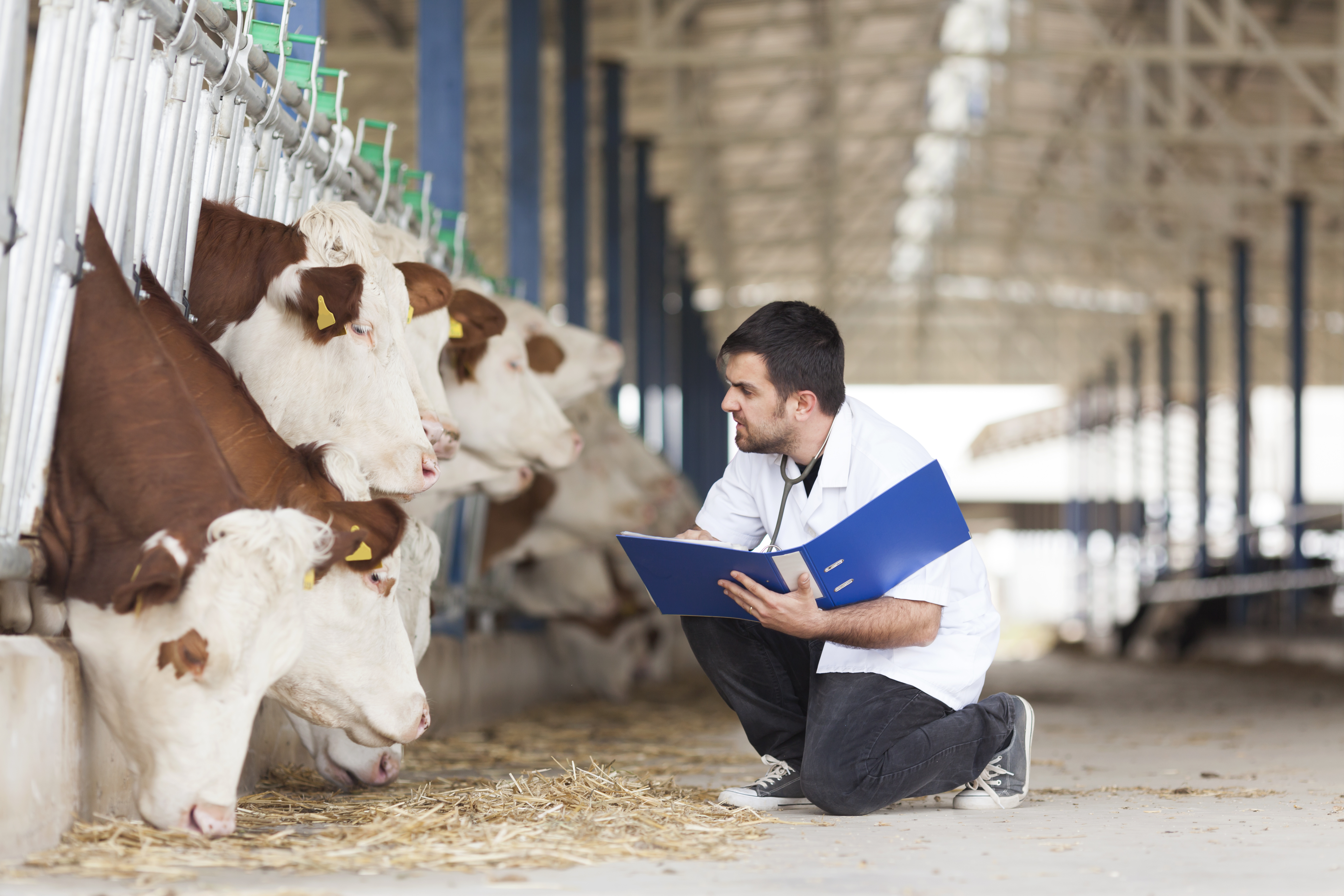



Single case of BSE identified on a farm in Somerset, UK
The UK's Animal and Plant Health Agency (APHA) has confirmed a single case of classical Bovine Spongiform Encephalopathy (BSE) on a farm in Somerset.
The animal is deceased and has been removed from the farm. There is no risk to food safety.

In line with the government’s disease prevention response plan, precautionary movement restrictions have been put in place on the farm while further investigations continue to identify the origin of the disease.
Chief Veterinary Officer Christine Middlemiss said:
"A single case of classical BSE has been confirmed on a farm in Somerset. The animal died on farm and was tested as part of our TSE surveillance controls.
"Movement restrictions have been put in place on the farm. This is standard procedure until we have a clear understanding of the origin of the disease. This is further proof that our surveillance system for detecting and containing this type of disease is working.
"We recognise this will be a traumatic time for the farmer and we are on hand to offer advice through this difficult period.
"The UK’s overall risk status for BSE remains at ‘controlled’ and there is no risk to food safety or public health."
A Food Standards Agency spokesperson said:
"There are strict controls in place to protect consumers from the risk of BSE, including controls on animal feed, and removal of the parts of cattle most likely to carry BSE infectivity.
"Consumers can be reassured that these important protection measures remain in place and that Food Standards Agency Official Veterinarians and Meat Hygiene Inspectors working in all abattoirs in England will continue to ensure that the safety of consumers remains the top priority."

The Animal and Plant Health Agency will now begin a thorough investigation of the herd, the premises, potential sources of infection and will produce a full report on the incident in due course.
There have been five cases of confirmed BSE in the UK since 2014, all of these have been in animals which, as fallen stock, were not destined for the human food chain and posed no risk to the general public.
In line with international commitments, the World Organisation for Animal Health and trading partners have been informed of the case. This does not affect the UK’s ability to export beef to other countries.
TheCattleSite News Desk


